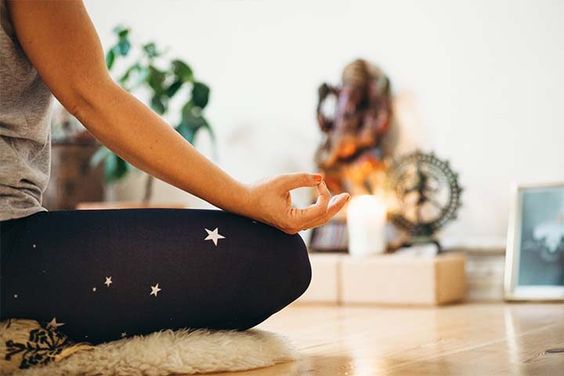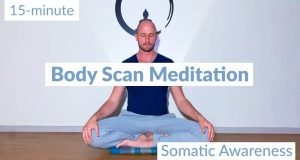
Sleep is nature’s nutrition for our soul. A sound and quality sleep energize and refill every organ and gland in our body on a profound cellular level. It also enhances the quality of our life.
A deep sleep stimulates a calm mind, robust body, and enthusiastic spirit, as well as it makes us feel and look great. So, to get a deep sleep you can try deep sleep meditation!
Do you sense drained after several hours of “attempting” to fall asleep? Or are you struggling to fall asleep?
Then you must take the help of Deep sleep meditation, which is blissfully calm meditation, especially for insomniacs. Permit your Spirit, Body, and Mind to naturally fall into the state of a deep as well as rejuvenating sleep.
Contents
What is Deep Sleep Meditation?

Meditation is an influential guided exercise for the mind that helps us to achieve excellent deep sleep at night. The Meditation was specially designed to support us in releasing our accumulated stress and also to quell the persistent mind rest that prevents us from falling into a restful, sound, and deep sleep.
Meditation relaxes replenishes and recovers every night when you drift into the beautiful bedtime sleep as well as your lucid dreams.
So, allow the subconscious mind to overcome insomnia more easily with the help of Meditation.
Meditation also helps one to get rid of excessive thinking and helps immensely to move forward to a calmer, happiest self you can ever be.
How Does The Meditation Work?
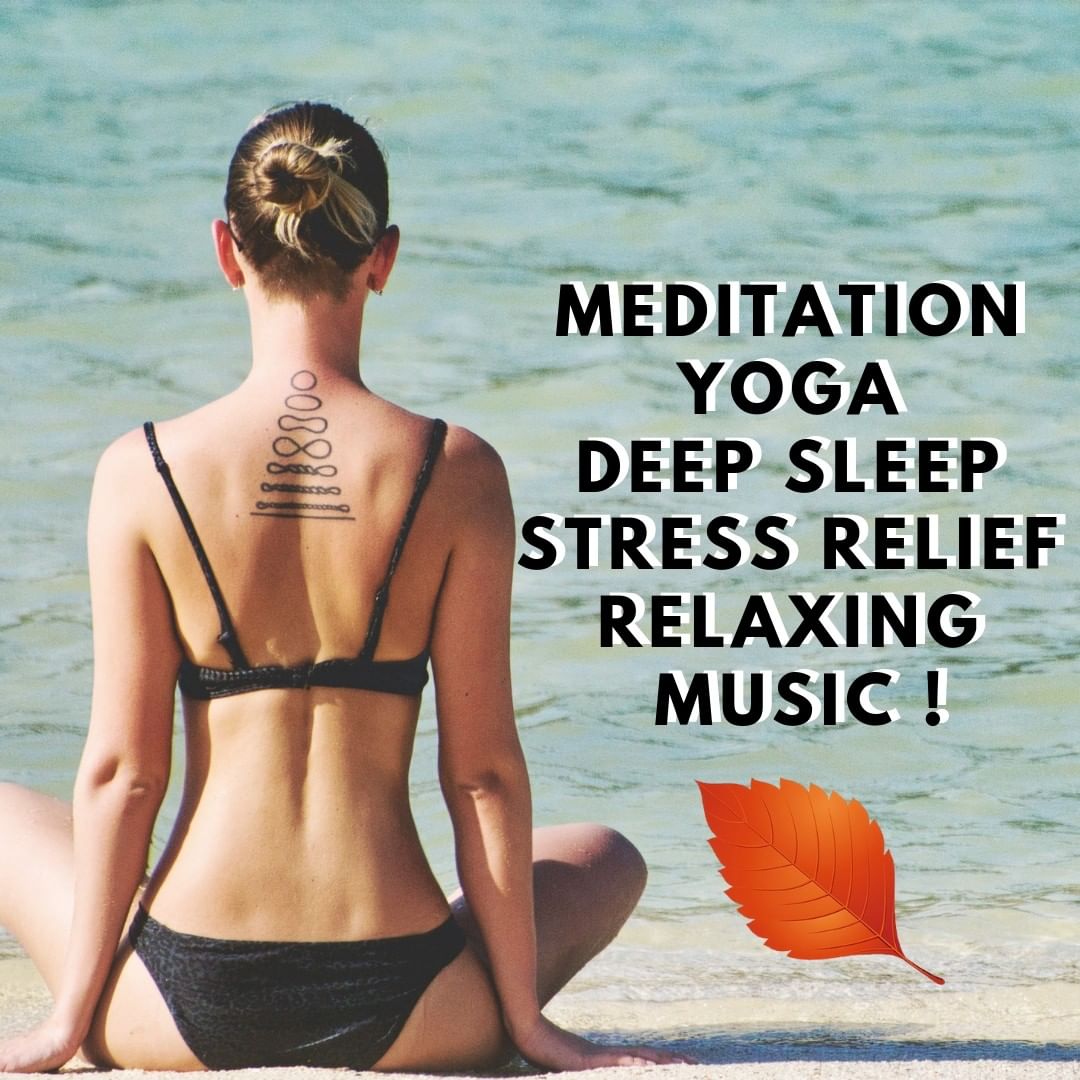
The deep meditation for sleep starts with guided meditation music then it moves into permitting affirmations, and thus ends with wholesome 432 Hz music with 1 Hz delta binaural beats for deep sleep at night. Guided meditation focuses on Happiness, Health, and Healing power.
Most people fall asleep even before the affirmations of guided meditation starts. This music is on purpose low in volume; however, you can still listen to them.
But, you do not have to pay attention to the music consciously. Our subconscious mind will captivate and thus reinforce those words while we are in deep sleep or awake.
How to Do Deep Sleep Meditation?

You do not need to know how to do a guided meditation. All you have to do is simply listen to as well as monitor the guided instructions of the music.
With steady use of the guided meditation music, you will easily slide through the 4 stages of deep sleep to re-establish a hale and hearty sleeping routine, and thus you will wake up feeling energized!
Features of Meditation for Sleep

Guided sleep meditation is considered a step toward getting better sleep. Sounds great, right? Meditations for a regular sleep schedule are referred to as yogic sleep practices – the practice of conscious relaxation. They (practices) have their characteristics:
Allows you to have a better quality sleep in a shorter period with the help of mindful body scanning
They give a quick awakening, freshness, and excellent well-being with better sleep quality
They provide a more natural entry into the borderline state and the transition to sleep.
Benefits of Meditation Routine For Sleep
Many of us are sleep deprived — not because we do not want to fall asleep. But we just can’t fall asleep and stay asleep because of a range of sleep problems, lifestyle choices, and biological forces. There are many health benefits to practicing meditation. Here are a few of them
Raising Awareness
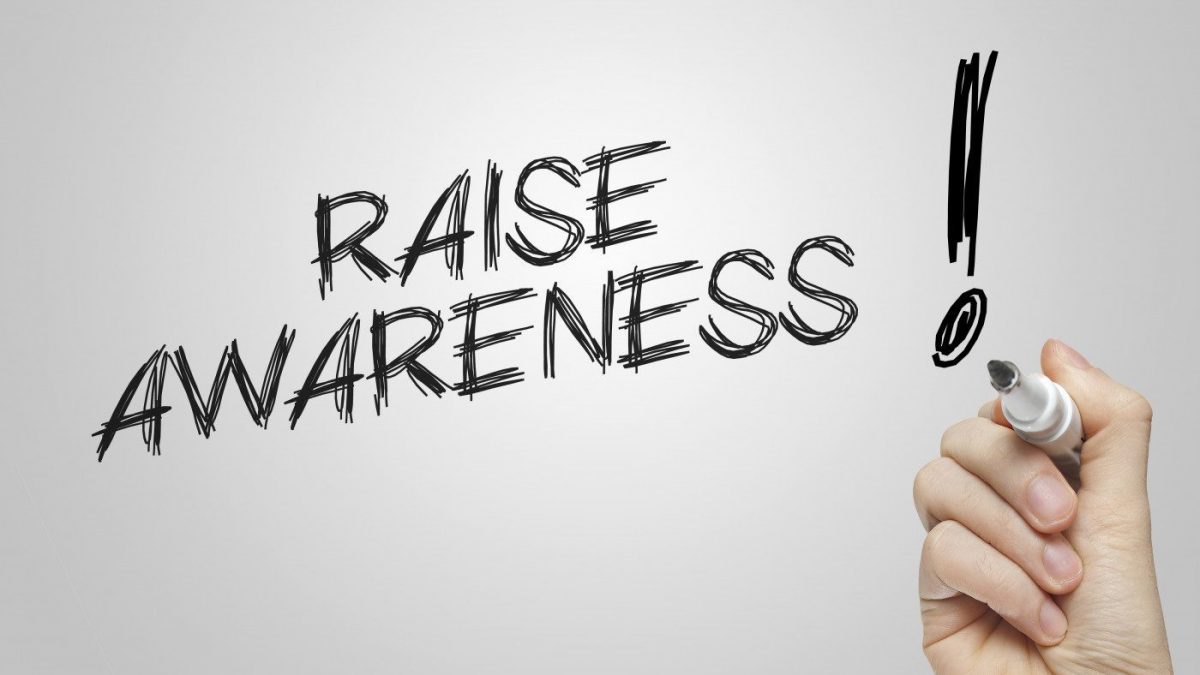
Already in the eighth week of regular meditation, practitioners form their “unique brain” with well-developed areas. These areas are primarily associated with awareness and memory.
The study showed that seeing an increase in the thickness of the hippocampus increases the brain’s ability to learn and remember new material, as well as regulate its emotions.
It used to be thought that mindfulness is the effect of long reflection and concentration on oneself. It has now become clear that during meditation, physical changes occur in the brain that help develop this skill.
Anxiety Control

When you get good sleep at night, you can reduce stress and anxiety. This happens because you gradually create an environment conducive to a good night’s improved sleep.
So, guided meditations and an ideal routine not only help in anxiety control but also self-regulation, improve sleep, etc.
Stress Reduction

For this, people usually begin to meditate. A study of 3,500 adults showed it worked. When our body gets exposed to threats or stress all of a sudden, the brain reacts with a fight-or-flight comeback.
It is caused by a surge in the hormones adrenaline and cortisol, which leads to sleep disturbance, depression, anxiety, increased blood pressure, fatigue and confusion. Meditation allows you to step back, recognize stress, and choose how to respond to it.
For example, it could be a regular relaxation practice that allows you to act rationally even under stress.
Mindfulness Growth
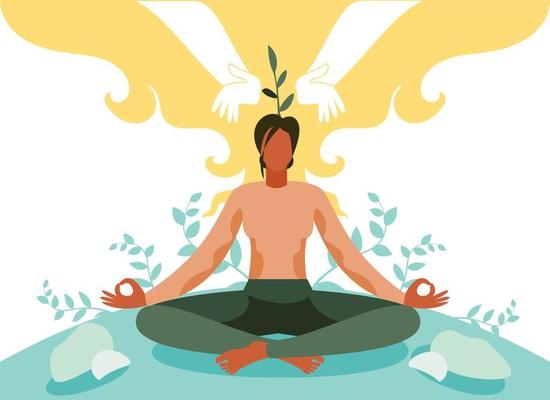
Problems with concentration are not only found in children, attention deficit disorder has been diagnosed in millions of adults. One of the main benefits of meditation is improved focus and concentration.
Like sports training, daily meditation increases the strength and endurance of attention. Two weeks of practice has been found to increase attention scores by 16%.
Thanks to meditation, cognitive skills at work quickly develop – and we better concentrate on the tasks at hand.
Sleep Improvement

Meditation helps you relax and not get hung up on thoughts that prevent you from falling asleep.
This practice activates the area of the brain responsible for the transition to deep sleep. Thanks to it, we fall asleep faster and get better quality sleep.
When the sleep characteristics of the two groups were compared (one practiced meditation, the other did not), it became clear that the participants who meditated fell asleep faster, and their sleep was deeper and longer compared to those who did not meditate.
Emotional Recovery

Our brain tends to emotionally color or “stick” to situations and problems. For example, if a person has troubles at work, he can transfer them to family life. Conversely, troubles in personal life can be reflected in work. Meditators cannot “stick”. To see an emotion, a problem, to realize it, and not fall into a trap.
Scientists attribute this to a decrease in the production of substances called cytokines. They are released in response to stress, affect mood and often cause depression.
In the brains of those who practice meditation, connections appear that increase empathy and the ability to rationally assess problems.
Research shows that meditation is as effective as antidepressants! Therefore, for people suffering from depression, it is increasingly being prescribed as an alternative to drug treatment.
Prevention of Brain Aging

Regular meditation increases the neuroplasticity of the brain and maintains and even increases the concentration of gray matter.
The brains of people over the age of 50, who constantly practice meditation, “look” seven years younger.
Pain control

Meditation relieves the perception of discomfort in the brain. It completes the medical therapy of physiotherapy or chronic pain.
Research affirms that mindfulness soothes the brain centers accountable for the pain, and these changes take the source and change the system of the brain over time in such a manner that patients don’t feel pain as extremely as they used to.
Others Benefits
It is an effective relaxation tool to fight sleep deprivation
A way of concentration, analysis of thoughts, their structuring, and “letting go”.
An element of increasing awareness, calming, natural rhythm, and harmonizing.
A way to release creativity, increase learning ability, improve memory, and increase stress resistance.
A good quality sleep routine can contain light stretching, deep breathing, journaling, and falling asleep faster than before.
FINAL WORDS
Asleep Meditation allows you to fully relax. Healthy and more restful sleep is the main means for restoring the physical, emotional, and intellectual resources of the body.
What is meditation for sleep and how to practice it at present moment correctly, everything is explained by The Meditation Guides
A good night’s sleep is essential for people of all ages. It allows you to maintain psychological and physical health, adequately perceive reality and live a happy life.
So, have a meditation routine for falling asleep quickly at night. Truly guided sleep meditations are great when paired with sleep music.
FAQ
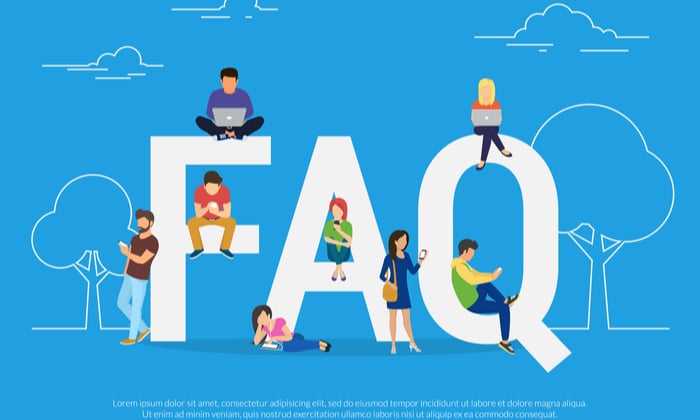
Q. How To Avoid Distractions While Meditating
A. There are several ways to avoid distractions while meditating. First, keep your cell phones away, control your racing thoughts, etc to fight increased sleep problems. Or you can read this to know what to do.
Q. How do I calm my mind to sleep?
A. Sleep is nature’s nutrition for our soul. A deep sleep stimulates a calm mind, robust body, and enthusiastic spirit, as well as it makes us feel and look great. So, to get a deep sleep you can try meditation!
Q. Is sleeping a meditation?
A. Guided sleep Meditation relaxes replenishes and recovers every night when you drift into the beautiful bedtime sleep as well as your lucid dreams.
Q. What is guided sleep meditation?
A. Guided Meditation for sleep is an influential guided exercise for the mind that helps us to achieve excellent deep sleep at night.
To Know More About Meditation And Medical Issues:-
- 10-Minute Meditation to Enhance Your Brain Power!
- What Is Healing Meditation & How Does It Work?
- Mooji Meditation | Guided Meditation With Mooji
- 6 Phase Meditation | All About Mindvalley’s Meditation
- What Is The Method Of Doing So Hum Mantra?
- What Is Taoist Meditation | Technique Of Taoist Meditation
- What Is Heartfulness | How To Do Heartfulness Meditation?



